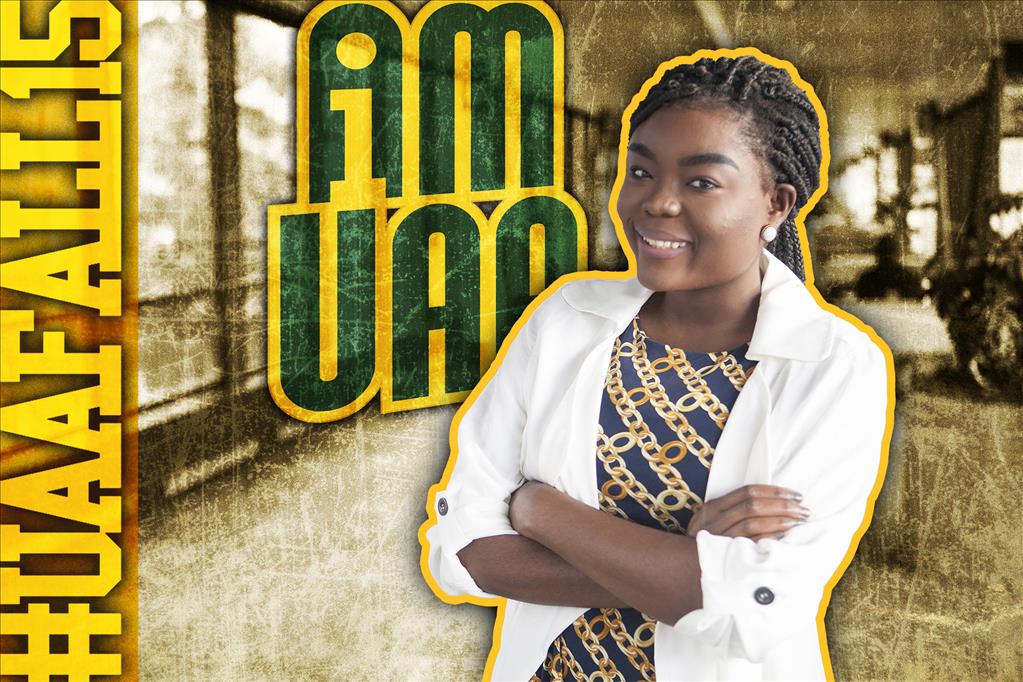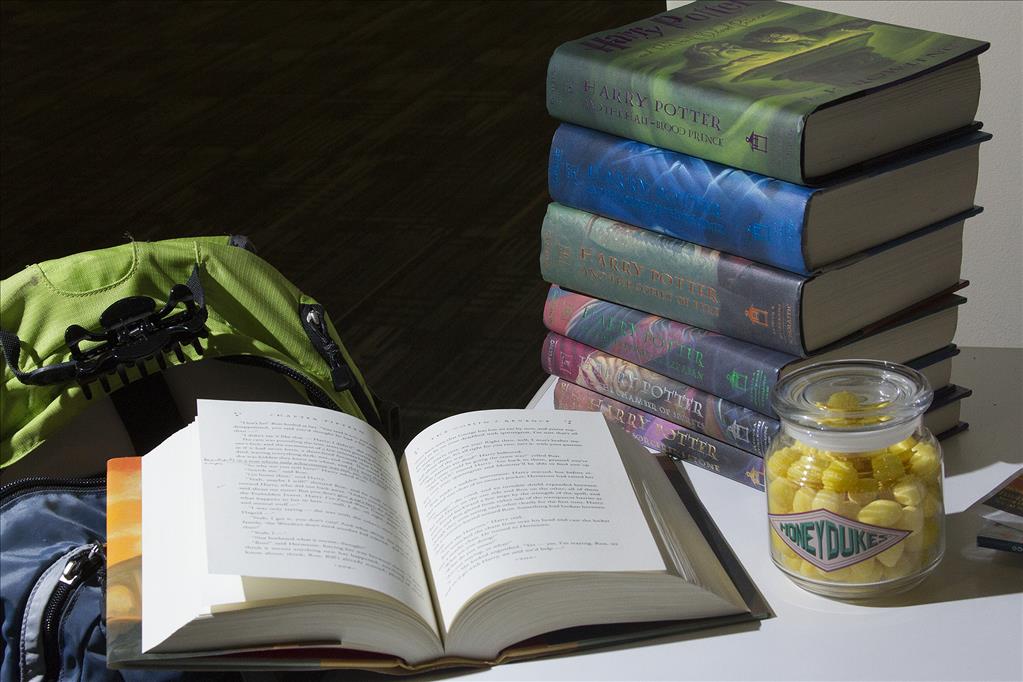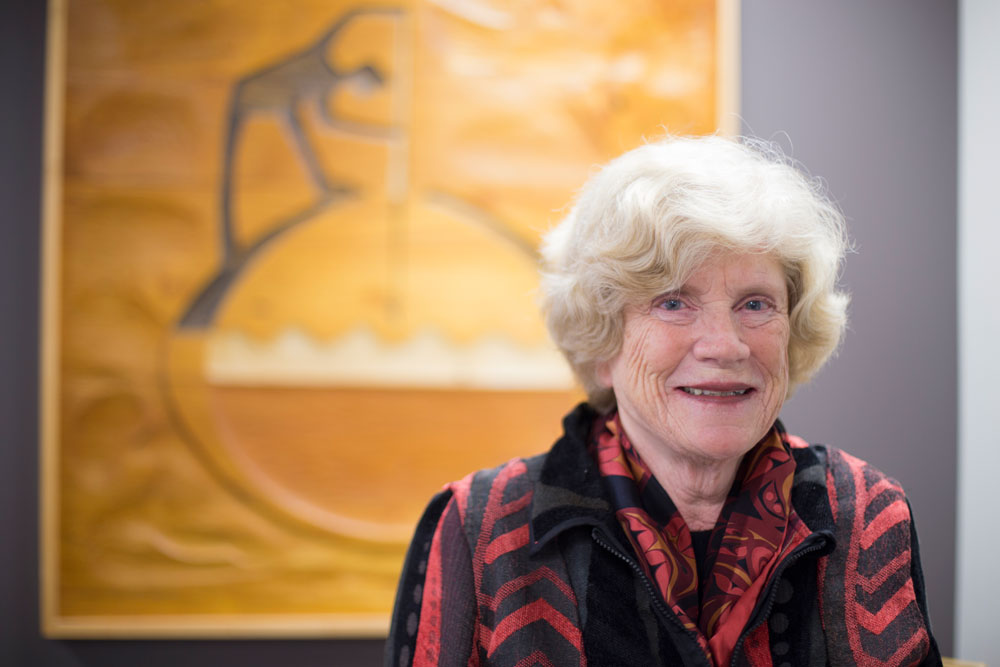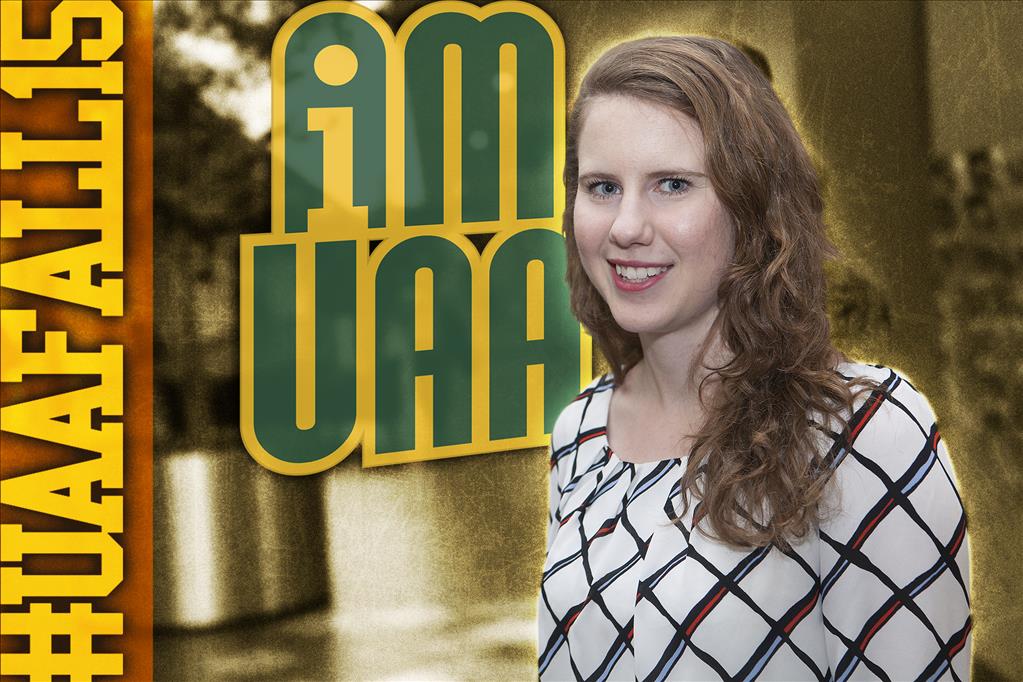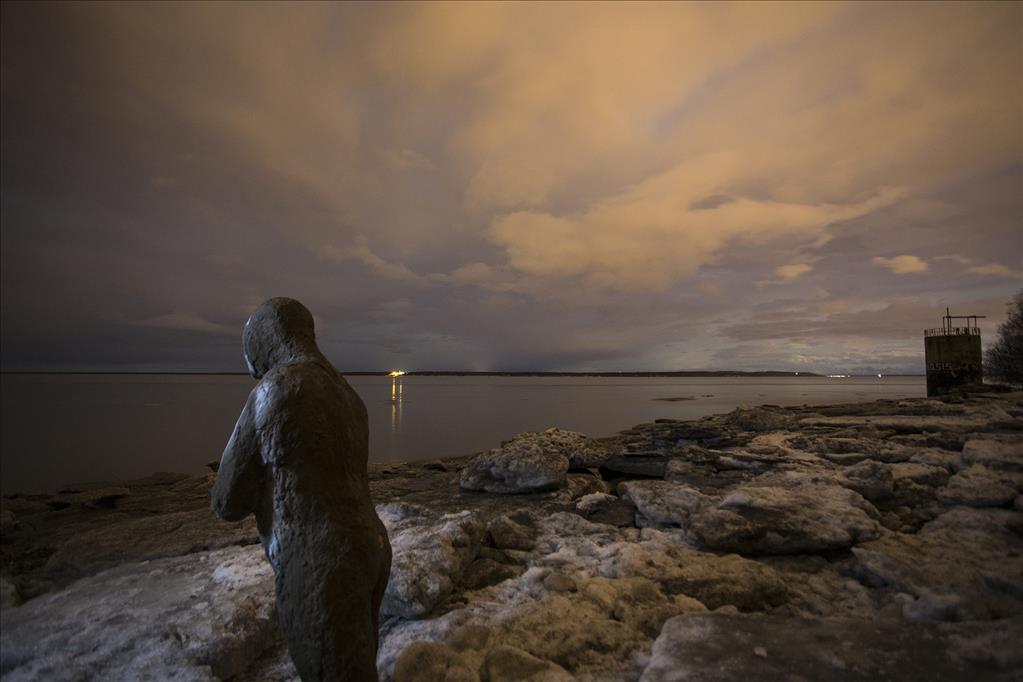Dr. Bernard Lafayette Jr. on Freedom Rides and Selma voter registration
by Jamie Gonzales |
Dr. Bernard Lafayette will speak on campus Thursday, Jan. 22. Details follow story below.
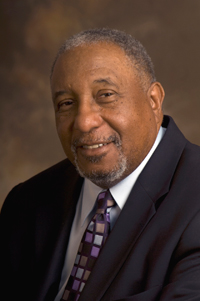
UAA special guest, Dr. Bernard Lafayette Jr., civil rights activist, original Freedom Rider. (Photo courtesy of Dr. Lafayette)
"We wrote out our wills before we left for the Freedom Rides-who would get our Sunday go to meeting shoes and our suits and our books and other things," said Dr. Bernard Lafayette Jr. in an interview with PBS American Experience. "Our expectation was there was a great possibility we would not return..."
In 1955, Rosa Parks refused to give up her seat on the bus, an act of defiance that galvanized the civil rights movement. Six years later, the first groups of Freedom Riders, nonviolent civil rights protestors, took to interstate buses that traversed the segregated South, exercising their federal rights to sit where they pleased. Lafayette was among that first wave of riders. One of the first buses of Freedom Riders was intercepted in Anniston, Alabama, and firebombed by Ku Klux Klan members on a remote stretch of highway.
Stories of the bombing and of riders being pulled from buses and beaten reached the Nashville Student Movement, a group of students from Nashville-area colleges who had been trained in nonviolent resistance by James Lawson. Lafayette was a student of Lawson's and, at the age of 23, decided to act on his conscience and join the rides.
"It was not an easy decision, because what it meant was dropping out of school in the midst of our final exams," he said in the same PBS interview. "For some of us, we were the first generation to go to college." They recognized their parents had sacrificed to send them to college, but it became too hard to ignore what was coming to a head in America under Dr. Martin Luther King Jr.'s leadership.
"Sometimes there are things you have to do, and you know you have to do them, and you can't explain them," he continued. "You just know."
Choosing Selma
University Press of Kentucky recently published In Peace and Freedom: My Journey in Selma, a memoir written by Lafayette and Kathryn Lee Johnson. In it, Lafayette details his work as director of the Alabama Voter Registration Campaign, beginning in 1962.
He argued for the chance to take on Selma, a place scouts for the Student Nonviolent Coordination Committee (SNCC) had stricken from the map of possibilities.
"Two groups of SNCC just returned from scouting the city and reported, 'The white folks are too mean, and the black folks are too afraid,'" wrote Lafayette in his memoir. "Alabama was infamous for the suppression of black voting rights, and with its central location and large number of blacks, Selma seemed to me like the perfect place to headquarter the state office of voter registration."
At just 24 years old, Lafayette was awarded directorship of the campaign no one else wanted.
Several years later, on the heels of protestor demonstrations in Selma led by Dr. King, President Lyndon B. Johnson signed the Voting Rights Act of 1965 into law.
A chance to hear Dr. Lafayette in Anchorage
Come by the Wendy Williamson Auditorium on Thursday, Jan. 22, at 7:30 p.m. for a chance to hear Dr. Lafayette speak about his work with MLK in the civil rights movement and his lifelong work promoting non-violence. Admission is free, all are welcome.
Written by Jamie Gonzales, UAA Office of University Advancement
 "Dr. Bernard Lafayette Jr. on Freedom Rides and Selma voter registration" is licensed under a Creative Commons Attribution-NonCommercial 4.0 International License.
"Dr. Bernard Lafayette Jr. on Freedom Rides and Selma voter registration" is licensed under a Creative Commons Attribution-NonCommercial 4.0 International License.










